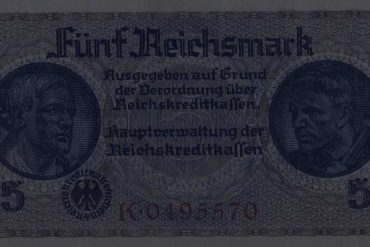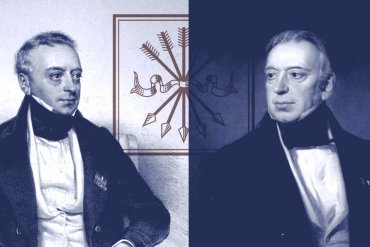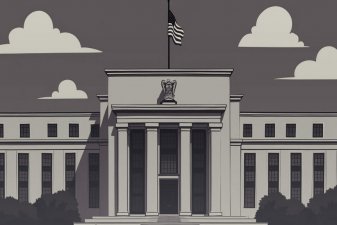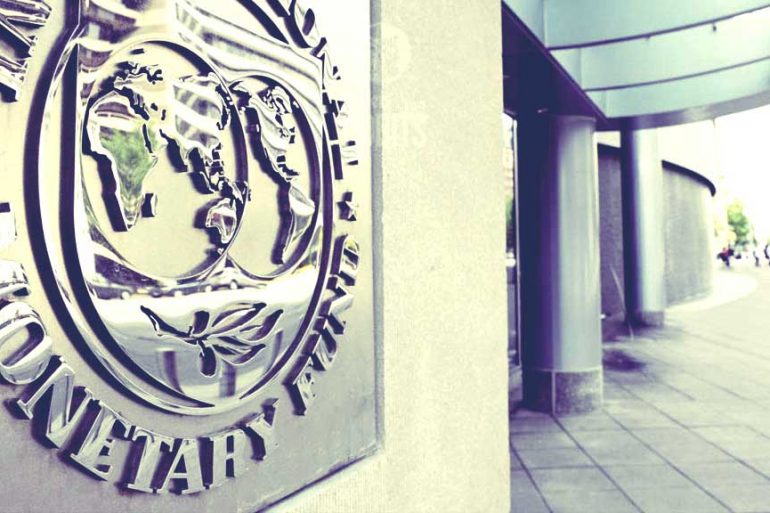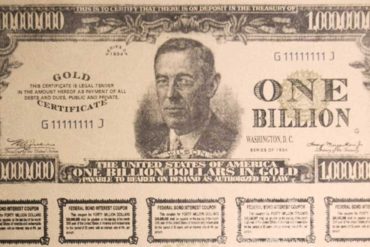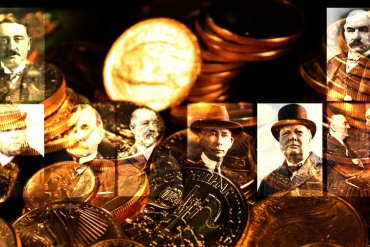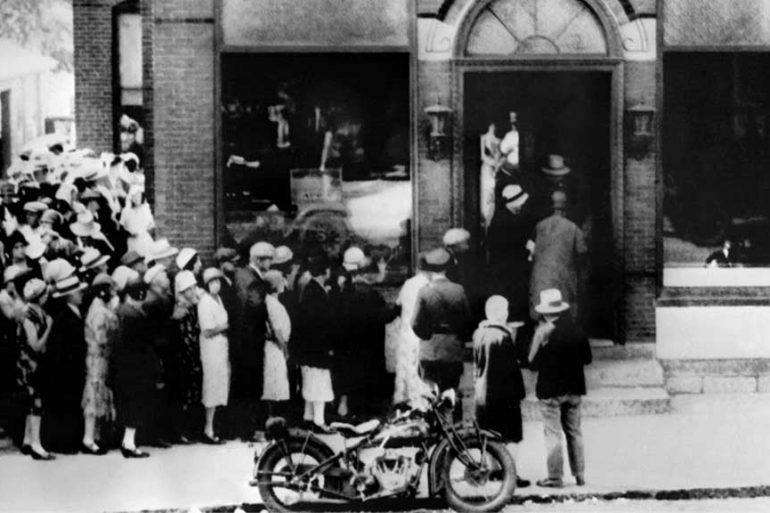If you’re interested in the dark, hidden backstories, reading Stephen Zarlenga’s book – The Lost Science of Money: The Mythology of Money, The Story of Power … is a perfect good start! And for those who can read between the lines also Dr. Hjalmar Schacht, his 1967 book The Magic of Money is a real eye-opener. Original German version: Magie Des Geldes: Schwund Oder Bestand Der Mark http://amzn.to/2y5msOO When World...
Backstories on Maier files. The the Bank for International Settlement (BIS bank) was established on 17 May 1930, The following information can be found on the BIS bank’s website and can be consulted openly. www.bis.org It’s a good reading for everyone who wants to get to know more about the story of Rolf Dietrich, the true conspiracies and plot twists. Bank of International Settlements Legal Info – Brussels Protocol http://www.bis.org/about/protocol-en.pdf...
The whispers of a quantum revolution are growing louder, and with them, an ominous warning: the secrets of the past may not remain hidden for much longer. A recent initiative in Switzerland has raised the alarm, urging financial institutions to prepare for a world where quantum computers can break today’s most advanced encryption methods. But this concern extends far beyond banking—it reaches into the very foundations of secrecy, intelligence, and power. For those who follow the mysteries of the Maier […]...
The collapse of the Soviet Union in 1991 marked a historical turning point, not just for geopolitics but also for Russia’s internal economy. The 1990s became a period of unprecedented economic chaos, often referred to as the “economic plundering of Russia.” In his book Shadow Masters, Daniel Estulin unveils the hidden forces behind this tragic chapter in Russia’s history, revealing the key players who facilitated the systematic looting of the...
Historians, in interpreting the nineteenth century, have laid stress on many and various aspects of the period under study; and descriptions of isolated periods, single episodes, and individuals are scattered amongst hundreds and even thousands of books. On the other hand, certain special features of the period under consideration have been, for various reasons, entirely neglected. An example of such neglect is the ignoring by historians of the role played...
September 2011 Hugo Chávez, resplendent in crisply pressed fatigues and paratrooper boots with red shoelaces, had a very special guest. Meeting him that mid-September day in Caracas was the world’s most powerful banker, who had lent Chávez’s government at least $40 billion over four years, or about $1,400 for every man, woman, and child in Venezuela. The guest, stooped and looking older than his 66 years, drank chrysanthemum tea, staring across the table at Chávez, bald from his chemotherapy treatments. […]...
In his book The Legalized Crime of Banking, Silas Walter Adams exposes the intricate web of deceit and corruption embedded in the Federal Reserve banking system. Drawing from historical examples and constitutional references, Adams argues that the power of money creation was usurped by private bankers, plunging the economy into an ever-deepening cycle of debt and inflation. His revelations align with Gottfried Feder’s critique of financial capitalism in early 20th-century...
“History is bunk” is a cliché with which we are all familiar. Having studied usury and fractional reserve banking intently and knowing who was behind it all, when Henry Ford uttered those famous words in 1916, what he really meant to say is that history is untrustworthy. The second factor is that history is full of omissions, which Ezra Pound warned students of the University of Wisconsin in a paper...
The IMF and the World Bank, were created at a meeting of global financiers and politicians held at Bretton Woods, New Hampshire, in 1944. Their announced goals were to facilitate international trade and to stabilize the exchange rates of national currencies. The unannounced goals were quite different. They were the elimination of the gold-exchange standard as the basis of currency valuation and the establishment of world socialism. The method by which gold was to be eliminated in international trade was […]...
TIDBITS – backstory Maier Files – Within the insider circles of the international community, much of the atrocities and problems of WW1 were blamed on the gold standard — for the reasons outlined in Adam Smith’s The Wealth of Nations from 1776. It was sufficient to convince Emperor Hirohito of Japan to travel to the United Kingdom and sign a secret pact, in 1921, to create the Bank of International...
The business of banking in Europe in the fourteenth century function was to evaluate, exchange, and safeguard people’s coins. In the beginning, there were notable examples of totally honest banks which operated with remarkable efficiency considering the vast variety of coinage they handled. Honest banks These first banks also issued paper receipts which were so dependable they freely circulated as money and cheated no one in the process. As these...
Since it is quite impossible to understand the history of the twentieth century without some understanding of the role played by money in domestic affairs and in foreign affairs, as well as the role played by bankers in economic life and in political life, we must take a glance at each of these four subjects. – A quote from professor Carroll Quigley, (Tragedy and Hope: A History of the World In Our Time, p. 54.) Carroll Quigley wrote a book entitled, […]...

